
Following the previous article “Insights from Delphi Digital’s Annual Blockchain Gaming Report,” cryptocurrency researcher Stacy Muur has compiled 20 important insights from Delphi Digital’s Annual DeFi Report.
Table of Contents
Toggle
Liquidity Staking
Decentralized Exchanges
Application-Specific Rollups (Rollapps)
RWA
Interest-Rate Derivatives (IRD)
Decentralized Stablecoins
Wallets
On-Chain Gambling
#1: The current staking rate of ETH is approximately 23.7% relative to the total supply of 120.2 million ETH. The amount of staked ETH is approaching the target of 33.5 million ETH, which is considered the optimal level for ensuring network security and robustness.
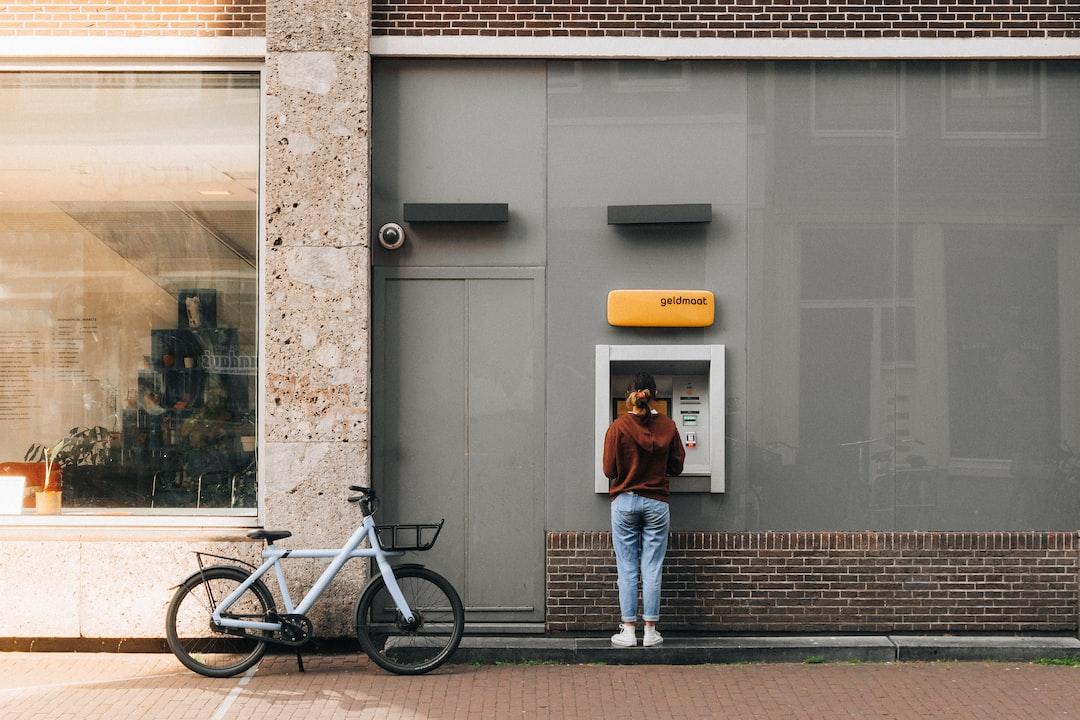

#2: The adoption of LSD has also seen significant growth, with approximately 44% of all staked ETH existing in these protocols. The unique utility provided by Lido Finance’s stETH gives it a significant competitive advantage over other LSDs.


Highlights in the field of Liquidity Staking Tokens (LST) in 2023:
Frax Finance has shown steady growth, with its ETH staking volume increasing from 38K to 233K in 2023. Frax stands out due to its innovative sfrxETH design and integration within its ecosystem, especially in Fraxlend.
Mantle has launched the mETH product using its protocol’s own ETH. The purpose of mETH is to generate revenue for Mantle and enhance liquidity on decentralized exchanges (DEXs).
Ether fi and Renzo Protocol have both integrated native re-collateralization solutions on EigenLayer.
#3: The LSD (Liquidity Staking Derivatives) industry on Ethereum has matured, becoming highly competitive and saturated.
#4: Many LSDfi projects are losing market attractiveness as the incentivized high yields become less competitive.
#5: Re-collateralization (Eigenlayer) will be the most significant development in the staking track in 2024.
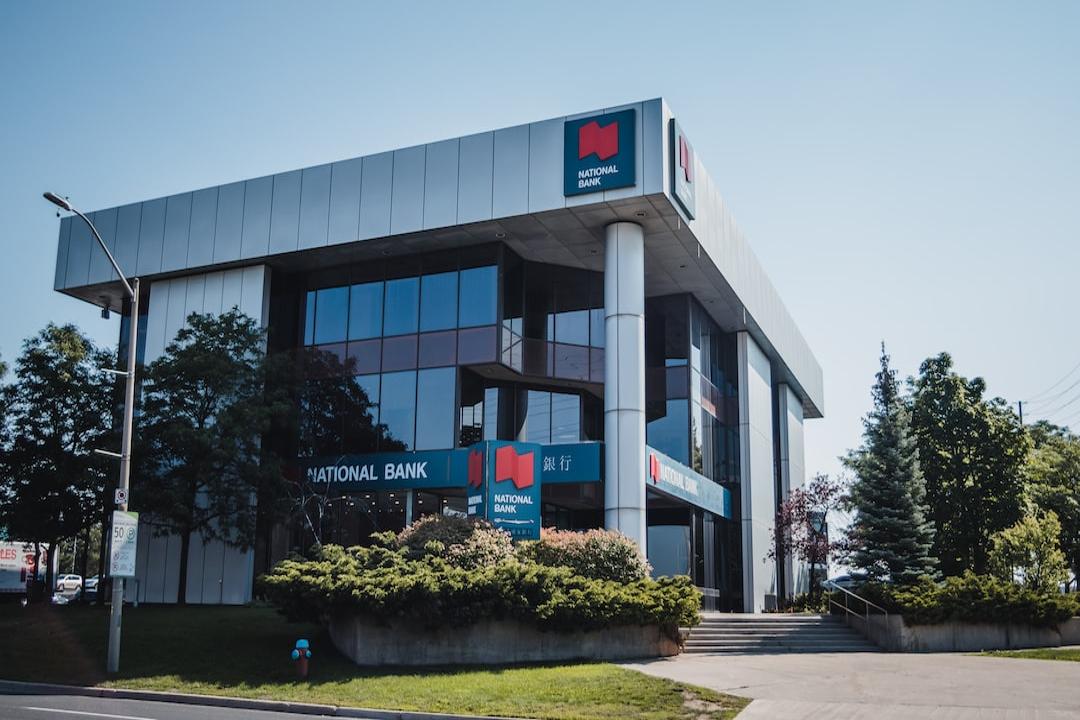

#6: Uniswap v4, Uniswap X, and other “purpose-driven” DEXs are becoming the focal points in 2024. Some notable projects include Rage Trade, IntentX, aori, Uniswap, CoW Swap, 1inch, and SYMMIO.
#7: Sustainable contract DEXs have experienced a year of development, but their market share has not grown. Interestingly, each DEX is exploring different ecosystems. dYdX v4 is pivoting towards the Cosmos application chain, Aevo OP Stack pioneers, Vertex elevates the user experience of decentralized exchanges to new heights, and Rabbitx becomes Starkware’s booster.


#8: Aevo has paved the way for Rollapps (forked Optimism and deployed their DEX on it to expand its scalable usage). Most decentralized exchanges (DEXs), especially derivative exchanges, will benefit from having their own execution environment.
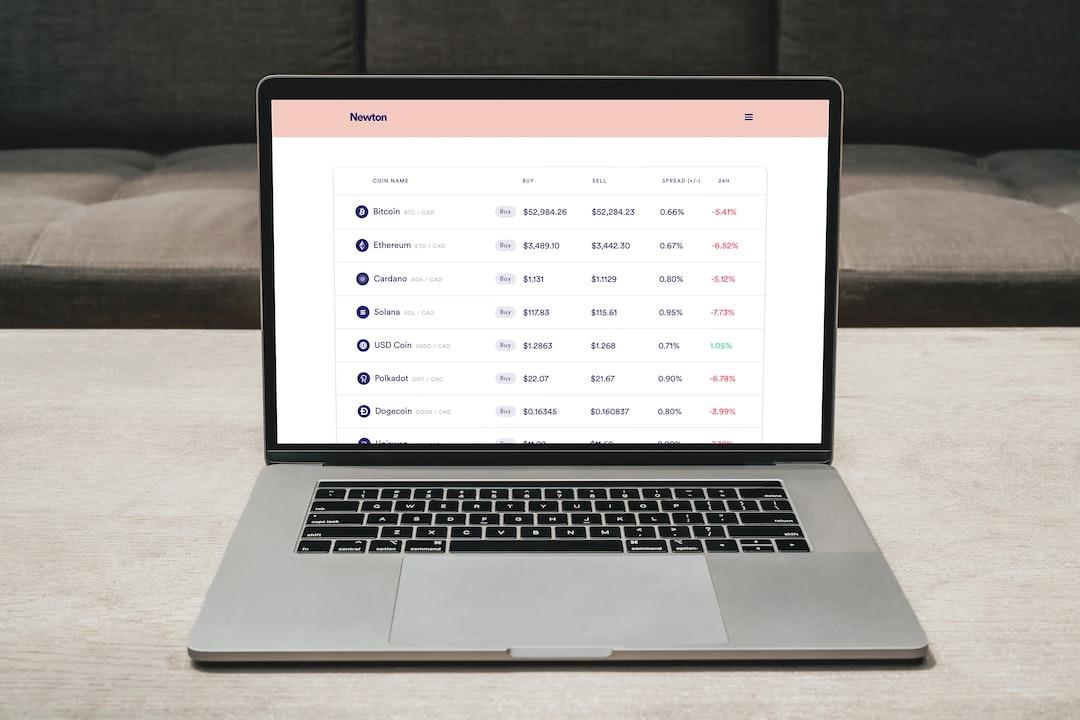

#9: Notable mentions include:
Aevo
Lyra Finance (less centralized matching process compared to Aevo and Vertex)
Caldera, Conduit, and other simplified tools for rollup deployment
Astria, Espresso Systems (shared sequencers)
#10: Real-world assets have been one of the most successful areas in the cryptocurrency space in 2023.
Highlights in 2024:
Backed
Superstate

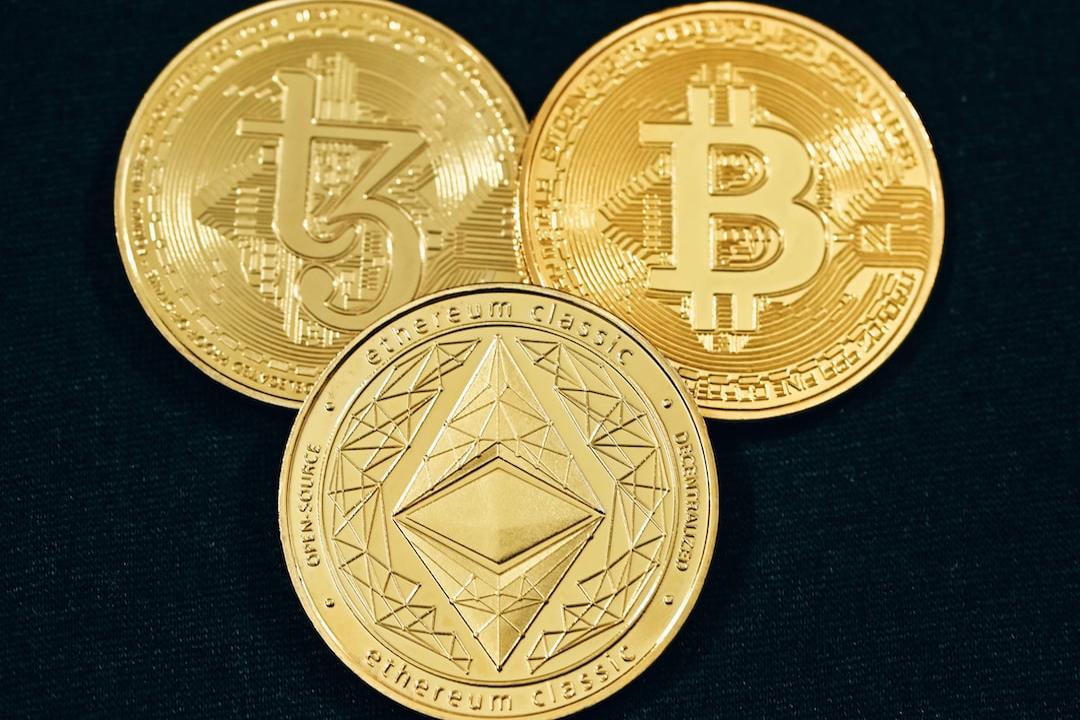
#11: Currently, Pendle Fi, Notional Finance (fixed-rate lending), and ipor.io are among the few sustainable interest rate derivatives (IRD) protocols. In the coming years, interest rate derivatives may become a more prominent narrative in the cryptocurrency space.

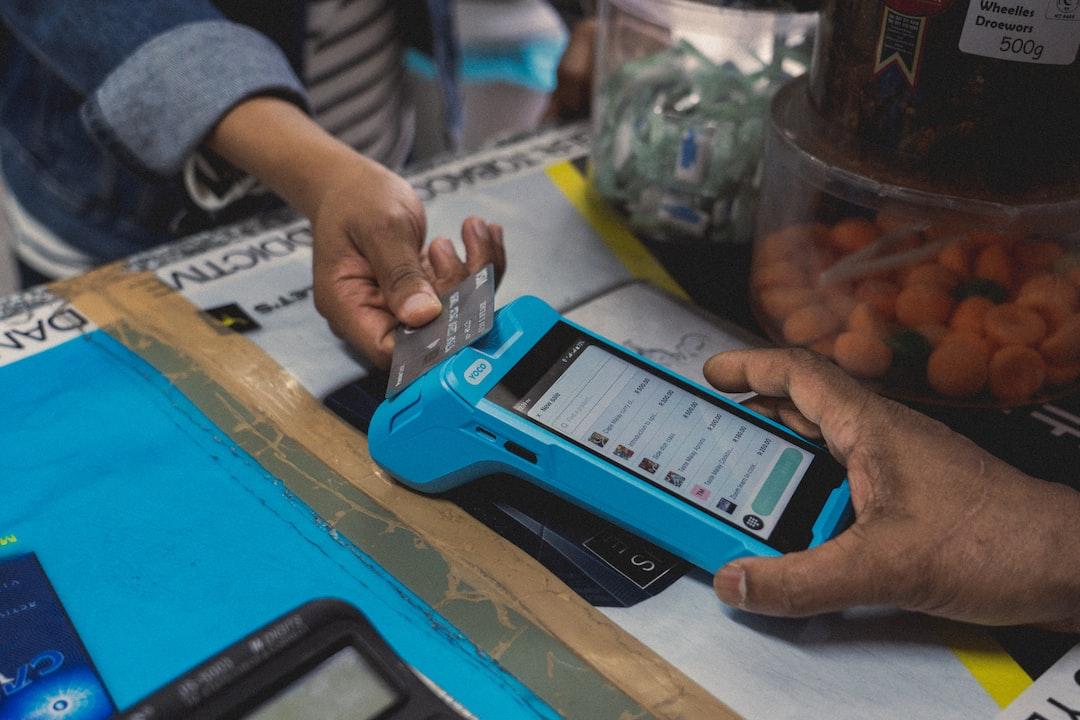
#12: Decentralized stablecoins only account for a small portion of the overall stablecoin market share.
#13: The derivatives market is becoming a key area where the full potential of decentralized stablecoins is yet to be fully developed, such as Synthetix’s sUSD.
#14: User experience and in-wallet experience are top priorities for most wallet developers.
#15: Notable mentions include:
MetaMask (market leader)
Phantom (features like transaction simulation)
Rabby (arguably the best EVM wallet)
Brahma Fi (institution-centric smart wallet)
#16: Decentralized sports betting platforms still have some work to do to prepare for the golden age in terms of attracting users and bettors.
#17: Nevertheless, decentralized sports betting platforms have performed quite well in market share, accounting for approximately 20% of Rollbit’s market share.

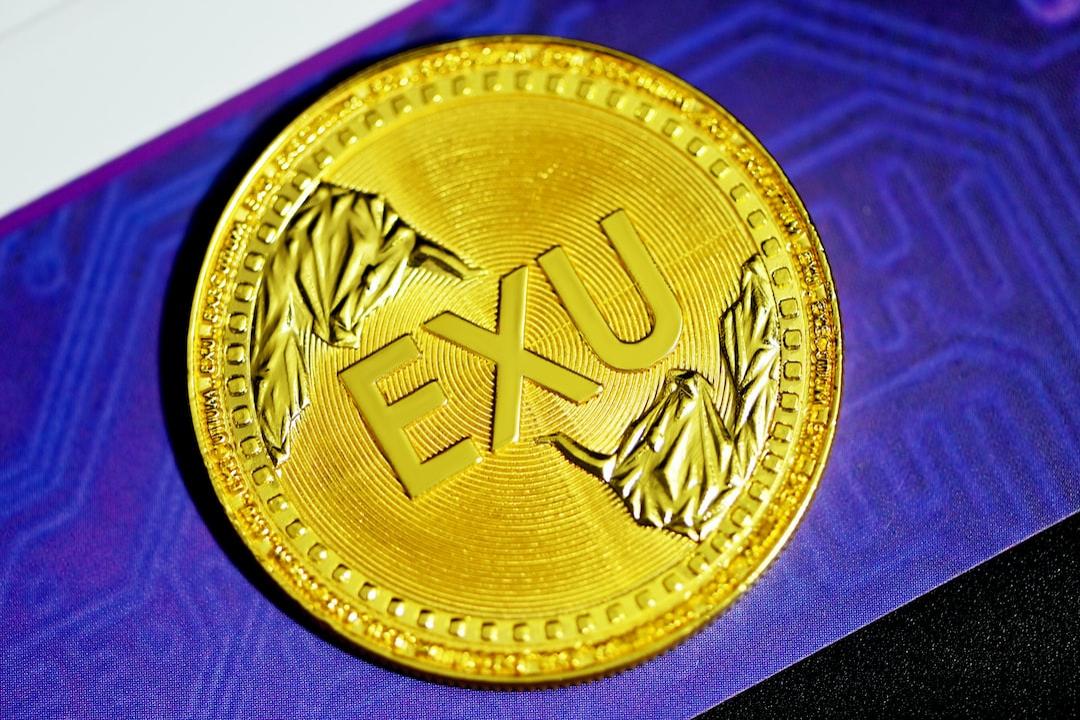
#18: Telegram bots like Unibot, BookieBet, and Boxbet provide a makeshift mobile service experience and have reached peak daily trading volumes of 35% for Azuro. It has since stabilized at around 15%.
#19: Thales has a first-mover advantage due to its deployment on Optimism, Arbitrum, and Base.
#20: Azuro Protocol has deployed on Polygon and Gnosis chains, overcoming its slow start and recently surpassing Thales to become the top decentralized sports betting platform in terms of trading volume.

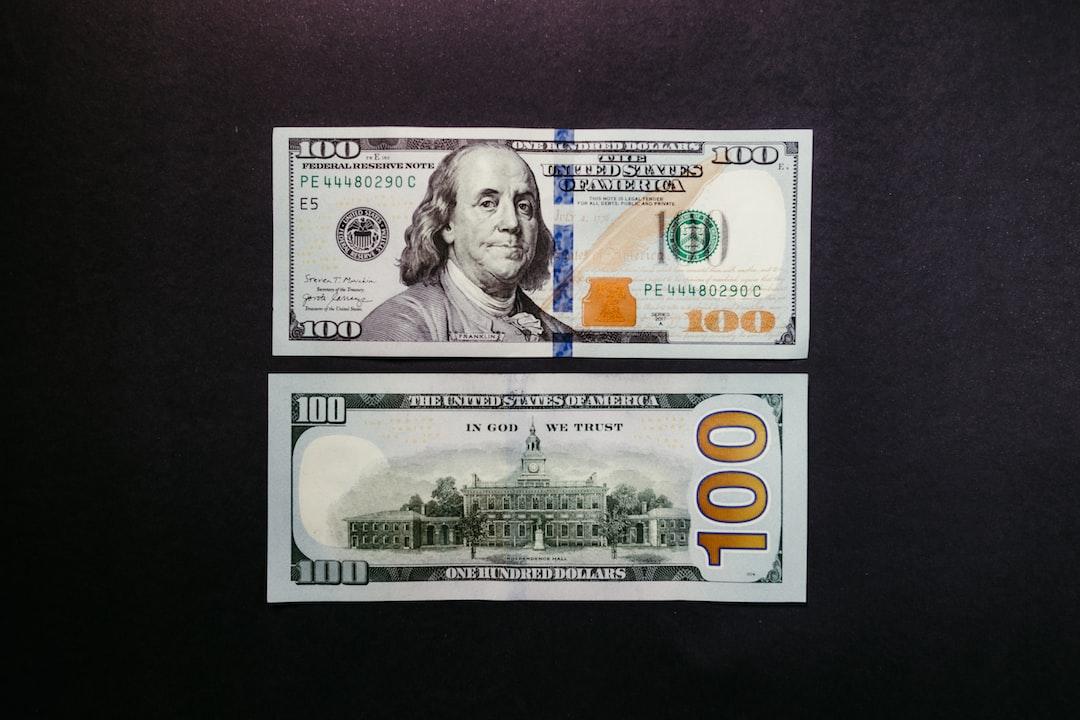
Successful Conclusion of CoinEx Taiwan’s 7th Anniversary Celebration, Embracing the Arrival of the Web3 Era Hand in Hand with Users
Since its establishment in 2017, CoinEx has been a professional cryptocurrency trading pla…
